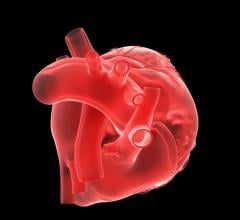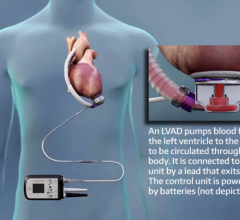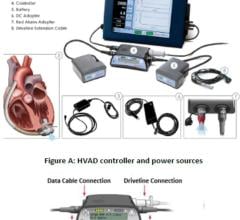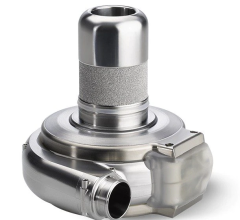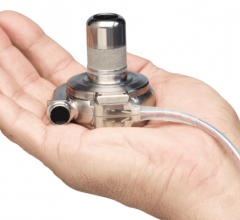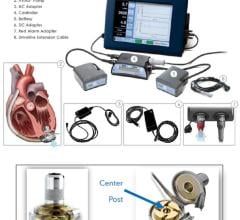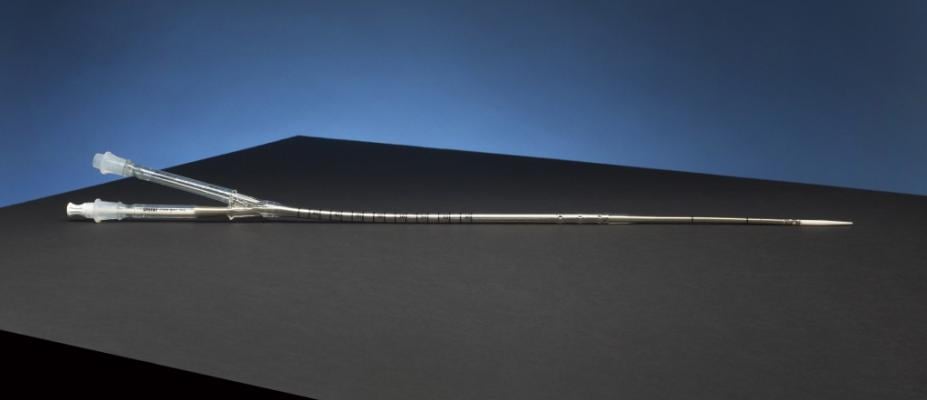
September 5, 2014 — CardiacAssist announced it has received 510(k) clearance from the U.S. Food and Drug Administration (FDA) for its new Protek Duo veno?venous cannula. The Protek Duo is intended for use as a single cannula for both venous drainage and reinfusion of blood via an internal jugular vein during extracorporeal life support (ECLS) procedures.
According to estimates from the National Heart, Lung and Blood Institute (NHLBI), approximately 190,000 Americans are affected by acute respiratory distress syndrome (ARDS) every year. Despite receiving therapy with mechanical ventilation, which is widely considered the standard of care, approximately 40 percent of patients diagnosed with ARDS will die as a result of the disease.
Veno?venous extracorporeal life support (VV ECLS) is an emerging therapy designed to provide a higher level of support by infusing oxygen directly into the blood using an oxygenator. In one large randomized, controlled clinical trial of 180 adult ARDS patients, the use of advanced VV ECLS therapy was shown to reduce the rate of death and disability by 31 percent compared to conventional management with mechanical ventilation.
The Protek Duo cannula is designed to address two major roadblocks that have prevented VV ECLS therapy from becoming a new standard of care: the difficulty of initiating and maintaining a patient on VV ECLS support, and suboptimal gas exchange rates with currently available devices. Insertion of the Protek Duo cannula can be performed through a minimally invasive percutaneous procedure, and patient management is simplified by combining with the lightweight and compact TandemHeart pump, which can be placed directly on the patient.
The TandemHeart platform is designed to simplify patient ambulation and enable freedom of movement not possible with mechanical ventilation or any alternative ECLS device. “The percutaneous internal jugular approach of this promising new technology will give us the ability to minimize the morbidity usually associated with central ECLS cannulation. By optimizing patient mobility, we also expect to reduce the long-term negative effects of severe deconditioning. The ECLS community welcomes these innovative medical devices designed to help physicians improve patient outcomes,” said Jose P. Garcia, M.D., surgical director of cardiothoracic transplantation and the Artificial Heart & Lung Program at Massachusetts General Hospital in Boston.
“TandemHeart has been focused on the treatment of heart failure since the company’s inception in 1996. The U.S. launch of Protek Duo with our TandemHeart platform is propelling our company into a new era, creating innovative products for both heart and respiratory failure. This will mark our third product launch in the past year, and we are excited and proud to be launching many more new products over the next 12 months,” said John Marous, president and CEO of CardiacAssist.
For more information: www.cardiacassist.com


 June 19, 2024
June 19, 2024 
